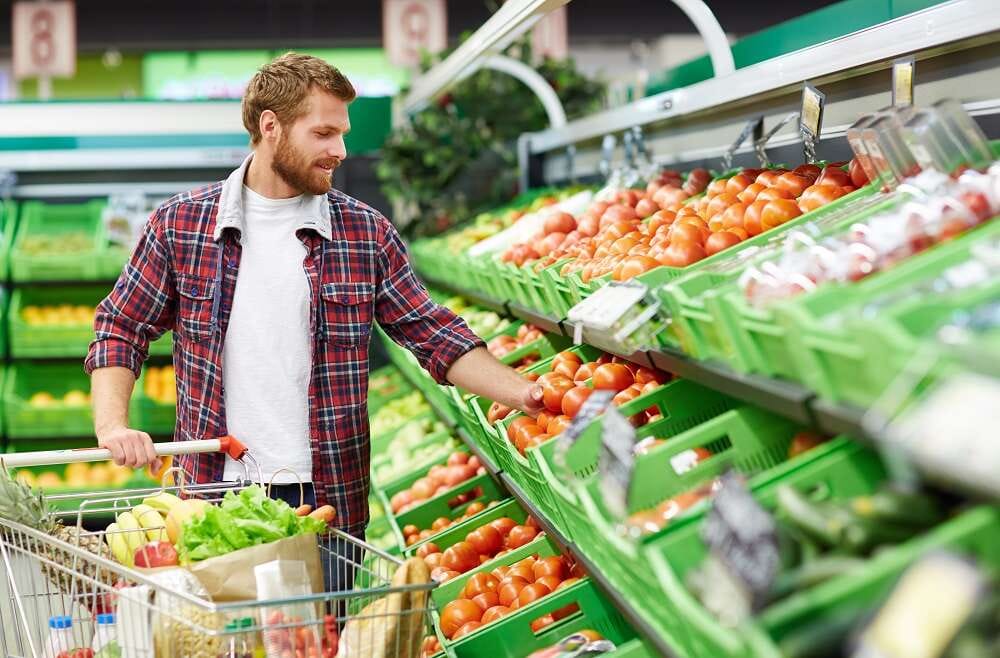
By Annika Monari, CEO and co-founder, Artos
It’s estimated that the global population will reach approximately 10 billion people by 2050, causing food demand to more than double. Feeding this many individuals, though, will not be achievable if we continue the way we are going. Over-farming and, in turn, climate change has meant that no more land can be set aside for food production – the environmental impact would be too damaging.
Serious questions have also been raised about the global supply chain’s ability to cope with large-scale upheaval. Events such as the COVID-19 crisis and Brexit continue to create food shortages and severe disruption across the world.
Put simply, if we don’t act fast to make a profound change to the current food supply chain, the planet may not be able to sustain our communities in the future.
Solving this problem is complex – and it is made even more complicated by the fact that local and increasingly more ethical food brands are struggling to compete with the large producers that dominate the market.
Fortunately, there are solutions for levelling the playing field. By moving towards a decentralised model powered by blockchain technology, we can create a fairer, more sustainable food supply chain that balances our short-term desire for better quality of life, with our collective long-term need to weather the storm of climate change.
The current picture
In the run-up to COP26, a recent IPPC report warned of a ‘code red’ situation for the planet, highlighting the climate-related risks to food security, equality and supply. With headlines like these commanding the news agenda, consumers are more aware than ever of the detrimental environmental effects of food production. This, combined with the focus on health during the pandemic, is reflected in their shopping habits, with many becoming more conscious of what brands they choose to buy.
While ethical food companies do exist, many face several key challenges when it comes to taking their products to market. Often, these brands are smaller, and cannot compete with bigger ones on price, forcing them to make deals with larger producers that do not represent the purpose of their brand.
Even before this stage, there is the fundamental issue of not being found by the right buyers. This is caused by the lack of infrastructure available and the fact that distributors are expensive, sometimes costing up to 40% of the deal’s value.
Finally, if a buyer discovers a brand, the traditional finance model – made up of borrowers, lenders and financiers – doesn’t work in smaller brands’ favour. The deal is typically a lot bigger than they can produce with limited resources. They need financing from banks to increase their production capacity. Acting as the intermediary between the brand (the borrower) and the lender, banks charge fees in the region of 20-30% on trade financing. Sadly, as a result of these extra costs, 65% of deals are unserviceable, leading to $500 billion of potential annual revenue being lost to the more established brands. In short, then, it is nearly impossible for smaller producers to grow and become category leaders.
The blockchain solution
A few organisations have set out to help these companies. Trade marketplaces, for example, capitalised on the mass move to digital-first to enable buyers to find smaller brands easier online. Meanwhile, peer-to-peer lending marketplaces such as Funding Circle are providing lower interest rates to borrowers. Although these are positive steps, we need a solution that does both: one that makes brands discoverable and helps them to service deals profitably.
Decentralising the food supply chain is a way this can be done – and this is where blockchain comes in. Blockchain ledgers provide a single source of information, which is important for building transparency and traceability in the supply chain. Data includes everything from the certifications to the verifications needed for proving a brand is legitimate to a buyer. With a clear and secure audit trail, every stakeholder involved can rest assured that best practices are being implemented and carefully monitored. Ultimately, this leads to buyers investing faster as they know the brand is trustworthy.
Boosting traceability and transparency is not the only benefit of moving towards a decentralised model. It also works in finance, for helping smaller, ethical brands service deals with buyers without the unmanageable overhead costs demanded by the traditional finance model. While it is currently in its early stages, as we continue to rethink the food supply chain, this method will be used more and more.
We cannot afford any delay when it comes to mitigating the food and drink industry’s contribution to climate change. Democratising deal discovery and financing will play a crucial role in making the whole supply chain fairer and more sustainable. New solutions underpinned by innovative technologies like blockchain will be essential for facilitating change, alongside the close collaboration of everyone involved in the process.


